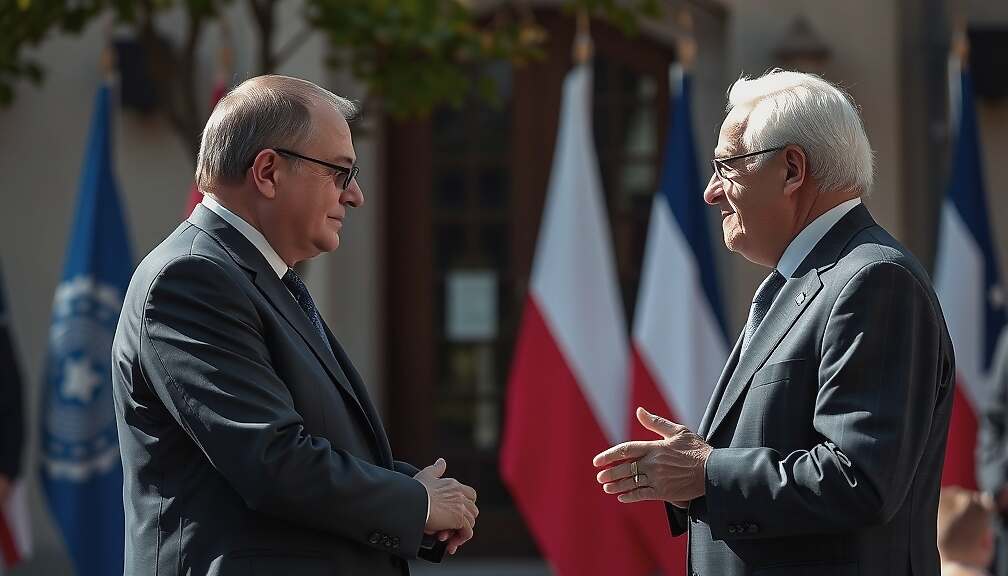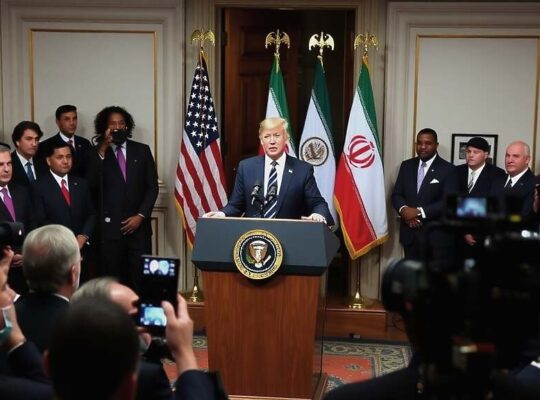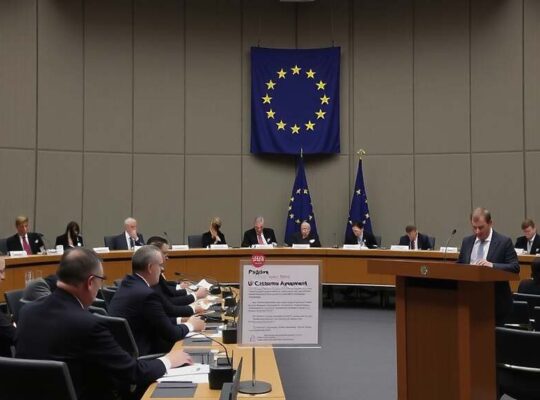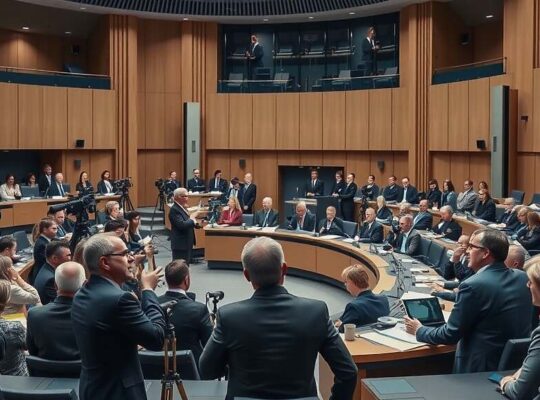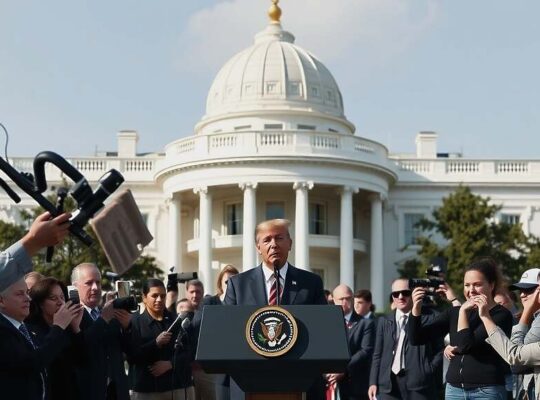Reports emerging from Jerusalem suggest Israeli Prime Minister Benjamin Netanyahu is now considering participation in a Gaza peace summit to be held in Sharm el-Sheikh, Egypt, potentially alongside U.S. President Donald Trump. The shift in Netanyahu’s stance follows persistent diplomatic pressure from Washington, with sources indicating Trump personally urged the Israeli leader to attend.
The summit, intended to formalize the initial phase of Trump’s controversial peace plan for the Gaza Strip, has raised immediate questions surrounding its legitimacy and potential impact. While Palestinian Authority President Mahmoud Abbas is confirmed to be present, the notable absence of Hamas representatives underscores the plan’s inherent limitations in achieving a comprehensive resolution. Hamas’ exclusion, critics argue, risks cementing a fractured political landscape and undermining any genuine prospect of lasting peace.
Adding further complexity to the situation, the presence of German Chancellor Friedrich Merz indicates a concerted effort from European powers to observe and potentially mediate. However, the involvement of external actors, particularly given the prevailing political climate and divergent interests, raises concerns about the potential for manipulation and the imposition of solutions that fail to address the root causes of the conflict.
Netanyahu’s potential participation marks a significant, albeit potentially symbolic, move, given previous Israeli reluctance to engage in direct negotiations without preconditions. The decision likely reflects intense pressure from the U.S. administration and a calculated political gamble aimed at preserving international support within a rapidly shifting geopolitical context. Observers remain skeptical about the summit’s capacity to generate tangible progress, warning that without a more inclusive approach and genuine commitment to addressing Palestinian grievances, the initiative risks becoming another exercise in superficial diplomacy. The ultimate success, or failure, of the plan will heavily depend on its ability to move beyond stage-managed ceremonies and engage meaningfully with all stakeholders.


